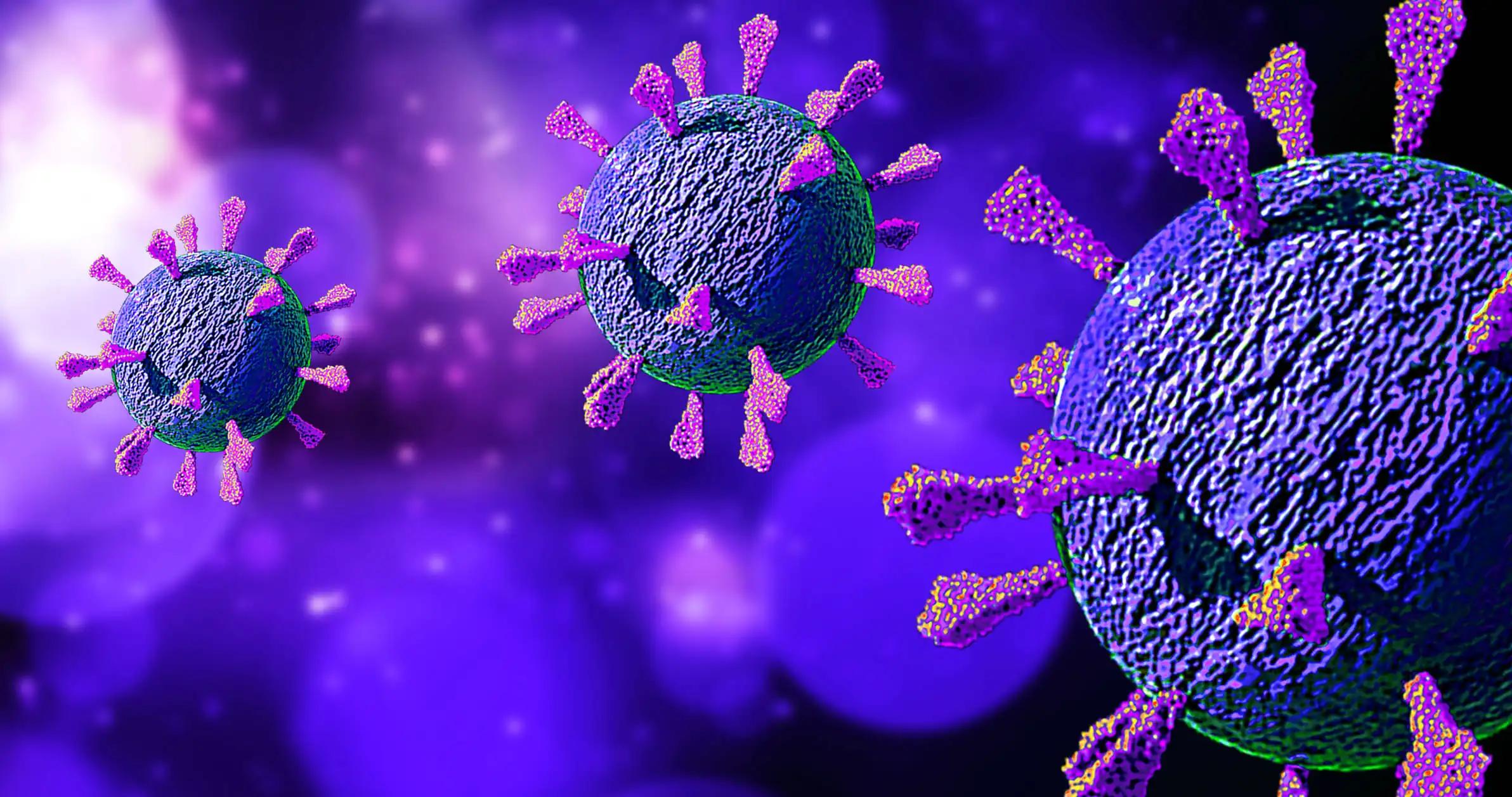KEY TAKEAWAYS
- The Coala-T-CBD phase II trial aimed to evaluate the efficacy of cannabidiol in reducing chemotherapy-induced peripheral neuropathy symptoms in humans.
- Pts with CIPN were randomized to receive CBD or placebo for several weeks and evaluated every 2 weeks using the EORTC QLQ-CIPN20 to assess sensory, motor, and autonomic symptoms.
- The study found CBD reduced numbness/tingling in CIPN patients, suggesting it could treat some CIPN symptoms without serious side effects; further research is needed.
Chemotherapy-induced peripheral neuropathy (CIPN) is a common side effect of cancer treatment that can cause numbness, tingling, and pain in the hands and feet. Cannabidiol (CBD) has been shown to reduce CIPN symptoms in rodent models, but its effects in humans have not been studied.
Researchers aimed to evaluate the efficacy of cannabidiol in reducing chemotherapy-induced peripheral neuropathy symptoms in humans.
The study enrolled patients(pts) with nonmetastatic breast, colorectal, endometrial, and ovarian cancer (all stages) experiencing grade 2-3 chemotherapy-induced peripheral neuropathy (CIPN) (duration ≤ 2 years) after completing taxane or platinum-based chemotherapy. They were randomized into active and placebo groups and followed for 16 weeks. The active group received 135 mg/day of CBD, provided as a hemp-based whole plant extract in gelcaps, while the placebo group consisted of coconut oil gelcaps, delivered for 12 weeks. Pts were evaluated every 2 weeks using the EORTC QLQ-CIPN20, which assesses 3 categories of symptoms that were sensory (numbness, tingling, pain), motor (weakness, difficulty walking), and autonomic (blurriness, hearing loss). Side effects and safety data were logged daily.
Out of 230 identified pts, 46 were included in the analysis after meeting eligibility criteria, consent, and completing at least 8 out of the 12 weeks of treatment. Their average age was 59.6 years, with 89.1% being female. Most had breast cancer (63%), followed by colorectal (19.6%), ovarian (15.2%), and uterine (2.2%) cancer. In comparison to the placebo group, those receiving CBD showed improved sensory function (P=0.048), specifically reduced numbness and tingling, but no significant change in pain reduction (P=0.282) or motor function (P=0.158). There were no observed autonomic changes, and CBD was well tolerated with no serious adverse events(AEs).
The study found CBD reduced numbness/tingling in CIPN pts, suggesting it could treat some CIPN symptoms without serious side effects; further research is needed.
Source: https://ascopubs.org/doi/abs/10.1200/JCO.2023.41.16_suppl.12020
Clinical Trial: https://classic.clinicaltrials.gov/ct2/show/NCT04398446
Marisa C. Weiss, Muath Giaddui, Stephanie Kjelstrom, Ebuwa Erebor, Sam Meske, Lisa Saeed, Katherine Aliano Ruiz, Arezoo Ghaneie, Julianne Hibbs, Jennifer Hong, John Marks, David Holtz, Zonera A. Ali, Aarti Lothe Shevade, Robin M. Ciocca, Paul Gilman, Sharon Larson, Shoichi Shimamoto, and Diana Martinez. DOI: 10.1200/JCO.2023.41.16_suppl.12020 Journal of Clinical Oncology 41, no. 16_suppl (June 01, 2023) 12020-12020.



